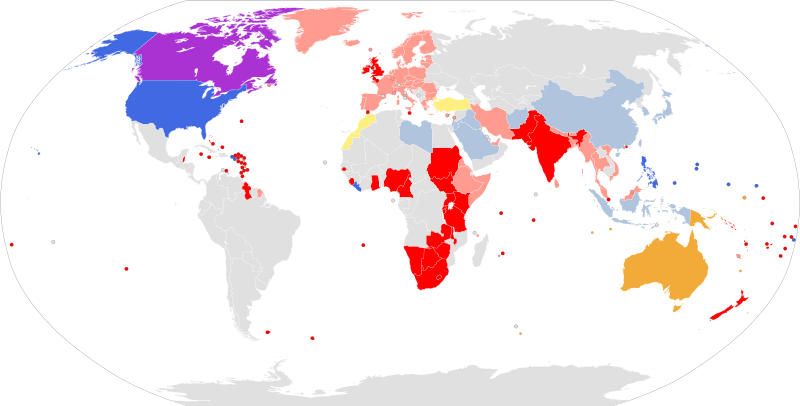Kanadorika wrote:Forsher wrote:
Nope.
It is true that in most parts of the world English speakers are forced to use software with spell checks that default to American English... and often seem very resistant to being changed (thankfully my copy of Word refuses to permanently not be Australian).
The population of the United States is greater than that of the rest of the anglosphere combined. American English is the dominant form of English among native speakers.
There is a whole lot more to the English speaking world then the Anglosphere.











